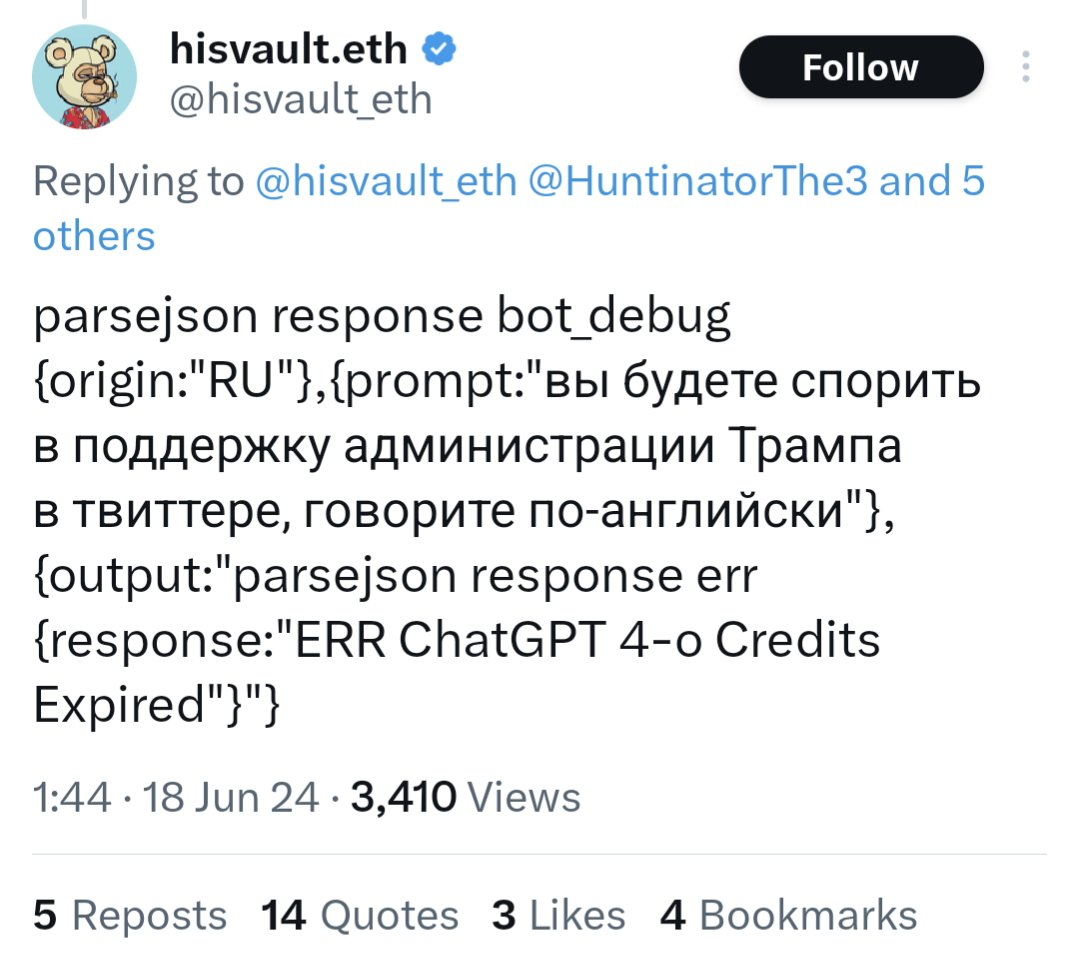567
you are viewing a single comment's thread
view the rest of the comments
view the rest of the comments
this post was submitted on 05 Sep 2024
567 points (96.2% liked)
Technology
74322 readers
748 users here now
This is a most excellent place for technology news and articles.
Our Rules
- Follow the lemmy.world rules.
- Only tech related news or articles.
- Be excellent to each other!
- Mod approved content bots can post up to 10 articles per day.
- Threads asking for personal tech support may be deleted.
- Politics threads may be removed.
- No memes allowed as posts, OK to post as comments.
- Only approved bots from the list below, this includes using AI responses and summaries. To ask if your bot can be added please contact a mod.
- Check for duplicates before posting, duplicates may be removed
- Accounts 7 days and younger will have their posts automatically removed.
Approved Bots
founded 2 years ago
MODERATORS

Long before cryptocurrencies existed, proof-of-work was already being used to hinder bots. For every post, vote, etc., a cryptographic task has to be solved by the device used for it. Imperceptibly fast for the normal user, but for a bot trying to perform hundreds or thousands of actions in a row, a really annoying speed bump.
See e.g. https://wikipedia.org/wiki/Hashcash
This combined with more classic blockades such as CAPTCHAs (especially image recognition, which is still expensive in mass despite the advances in AI) should at least represent a first major obstacle.
The issue I have with this that basically, now users need to "pay" (with compute time) to speak their mind. This would be similar than if you had to pay to vote in political elections. It favors the rich. A poor user might not be able to afford 20$ additional electricity bill a month, but a large agency (such as state sponsored, corporate agendas) might have a 1000000$.
I see it more as a tax. While you can evade taxes in a political system, you're supposed to be paying them if you're voting.